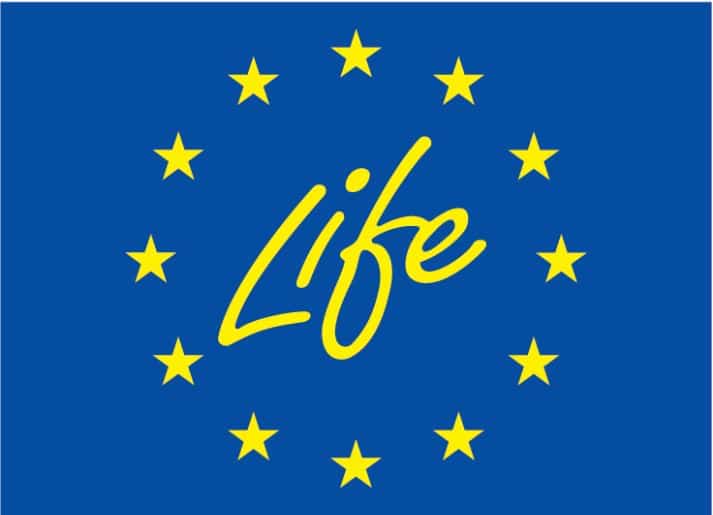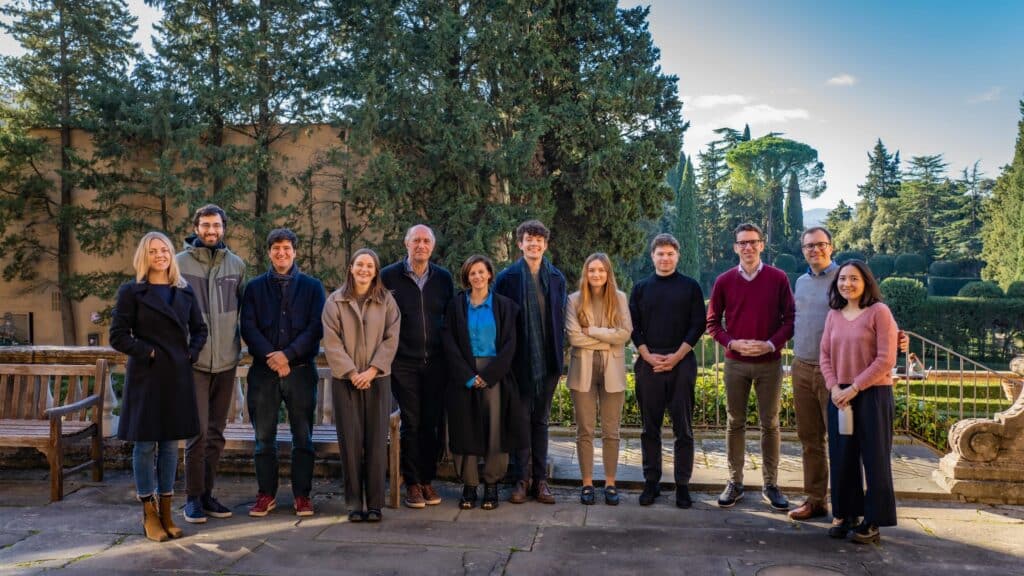The methane opportunity and imperative ahead of COP28
This is the second installment of the Topic of the Month: Inside COP28
The recent report “The Imperative of Cutting Methane from Fossil Fuels” by the International Energy Agency (IEA), the United Nations Environment Programme (UNEP), and the Climate and Clean Air Coalition (CCAC) underscores the pressing need to address methane emissions, particularly from fossil fuels.
The message is clear: while both methane and carbon dioxide emission reductions are vital, neither can singularly ensure a stable climate. It's only through their combined efforts that we can realistically aspire to keep the 1.5°C target within reach.
Swift action on methane can result in immediate and broad-ranging benefits. By targeting abatement from fossil fuels, we could achieve the following:
- Prevent nearly one million premature deaths due to ozone exposure.
- Avert 90 million tonnes of crop losses from both climate change impacts and ozone pollution.
- Steer clear of 85 billion hours of labor loss attributed to extreme heat by the year 2050.
- Reap a staggering $260 billion in direct economic advantages.
There’s a clarion call for the oil and gas sector to step up and exhibit genuine ambition. Remarkably, with existing technologies, we can mitigate 75% of methane emissions from this sector. The promising part is that numerous solutions come at minimal or no net cost. Indeed, if all feasible mitigation strategies were implemented by 2030, the expense would be less than 2% of the industry’s net profits from 2022. It is essential to note that fossil fuels account for half the methane reductions we need to achieve by 2030, offering this sector the prime opportunity to instigate swift and large-scale action.
However, ambition and action are hollow without accurate data. A concerning trend is that a substantial part of the industry has made ambiguous commitments, often devoid of empirical backing. It’s a fundamental truth: without measurement, management is impossible. Commitments must be grounded in rigorous data. Participation in UNEP’s Oil and Gas Methane Partnership 2.0 (OGMP 2.0) is paramount for corporations to effectively measure, report, and verify emissions through a meticulous, data-based reporting system.
The advent of a new methane detection ecosystem is revolutionising data accessibility and application. A prime example is UNEP’s , which harnesses satellite data, empowering nations and businesses to act decisively to reduce emissions.
This brings us to COP 28, a pivotal platform for the industry to transition from theoretical discourse to tangible progress. Hosted by the United Arab Emirates and presided over by Dr. Al Jaber, the head of ADNOC, COP 28 offers an unparalleled opportunity for the global industry to manifest its commitment to methane and broader climate action. Notably, National Oil Companies (NOCs) play a vital role, representing nearly half of the global oil and gas production and two-thirds of global reserves. The initiatives by UAE’s ADNOC epitomise the strides that can be made. While their efforts to usher other NOCs into the fold are laudable — like hosting the OGMP 2.0 workshop and setting ambitious methane intensity targets — there’s still untapped potential. Further commitment and resources can elevate their methane reduction ambitions.
This is a watershed moment. Both nations and corporations must come to the fore, championing action. As the backbone of these efforts, accurate and timely data is non-negotiable for ensuring the scale, speed, and credibility of our collective endeavour.
Andris Piebalgs at COP28
In the context of COP28, Andris Piebalgs will speak at the events:
“Hydrogen in Africa – Can it accelerate energy transition and combat global warming”, on Thursday 7 December (13.30 local time)
“Methane Pledge two years on – working together to pick the low-hanging fruit of mitigation”, on Sunday 10 December (14.30-15.30 local time)







